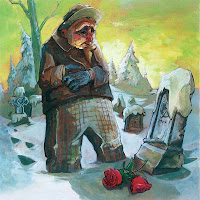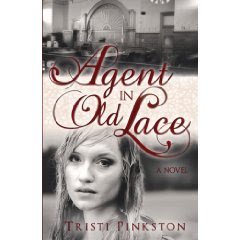Angelica wiped the counter of the condiment area, and bent over to tie a garbage bag closed. She felt someone come into the café and looked up.
David stood at the doorway wearing sandals over bare feet, tan cargo pants, and a free flowing white linen shirt. Tendrils of long black hair protruded from under a painter’s hat. David couldn’t hide the bad boy stubble he wore on his face. Her heart beat faster at the sight of him. She had been raised to a higher standard, but this man held the key to the incessant pounding of her heart.
He leaned his head to one side, as if trying to see sideways. His eyes seemed to see right through into her soul. Her knees grew weak as he sauntered, catlike, almost like a dance toward her. Her hands trembled in anticipation. His outstretched arms seemed to indicate an unasked question.
She put one arm around him. After all, she was at work, and had to try and keep a standard but she knew she needed more. Angelica put her other arm around his waist and felt his spine as her hands glided up and down. David circled her shoulders and neck with his arms and he pulled her close.
His scent wafted into her soul and destroyed any self-control she ever had. She would’ve followed him anywhere, if he’d asked, but he didn’t ask. He pressed his lips to hers and the soft touch, almost silky, brought memories of imagination when she dreamed.
This scene although it needs lots of work, was inspired by an exchange I witnessed in a café. The girl’s face reflected surprise when she first saw him, happiness at seeing him, then passionate joy in his embrace. I was surprised, because they seemed to be from two different worlds.
I’ve preached about this before, but these kinds of exchanges happen in front of us everyday. All we need do is put on our writer’s glasses. Or see things through writer’s eyes. Look up from your notebook. Your next scene might be playing before you. Write your impressions. Don’t be afraid to use your imagination. Use the scene in your current work, or save it for later.
 Good luck with your writing---see you next week.
Good luck with your writing---see you next week.














